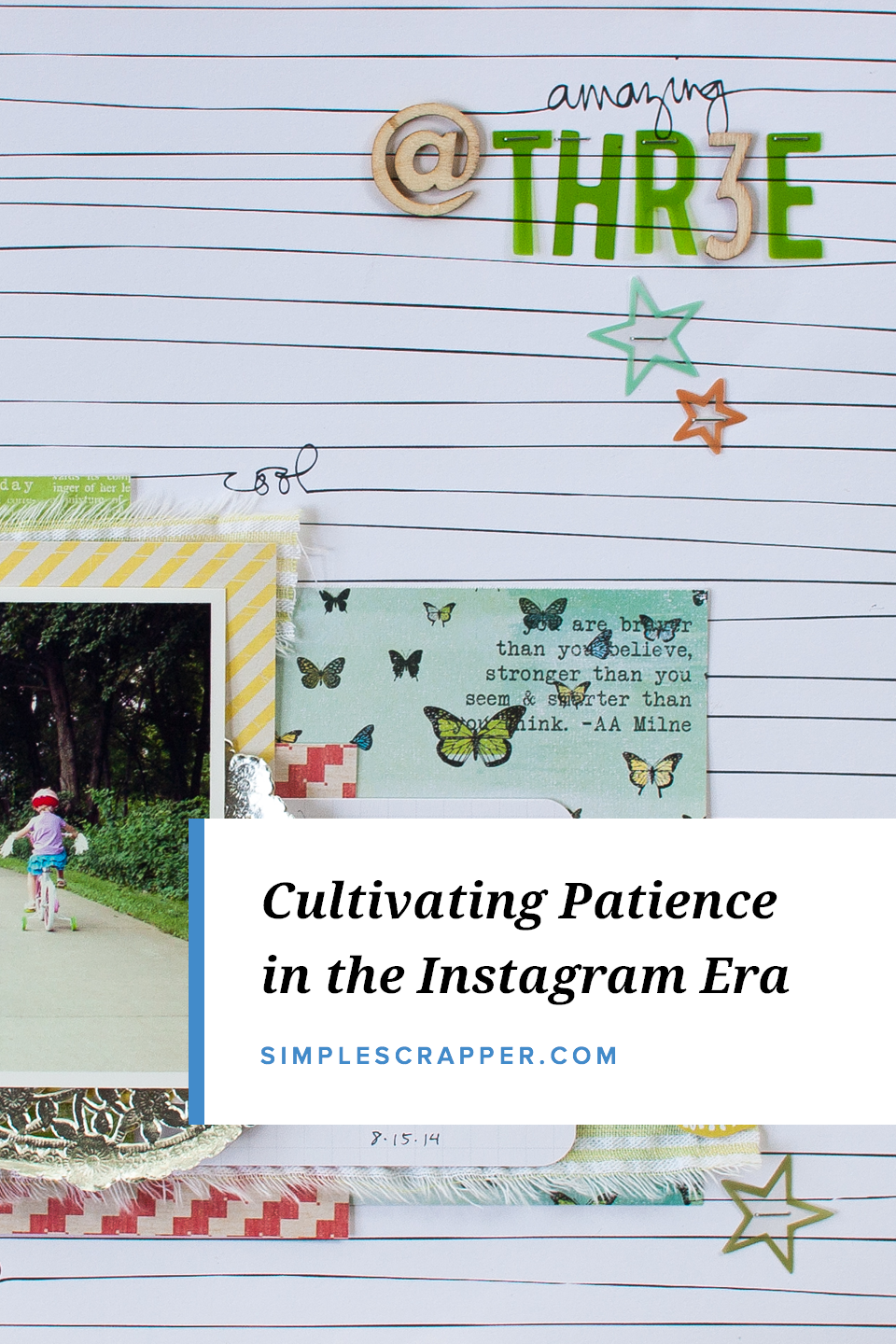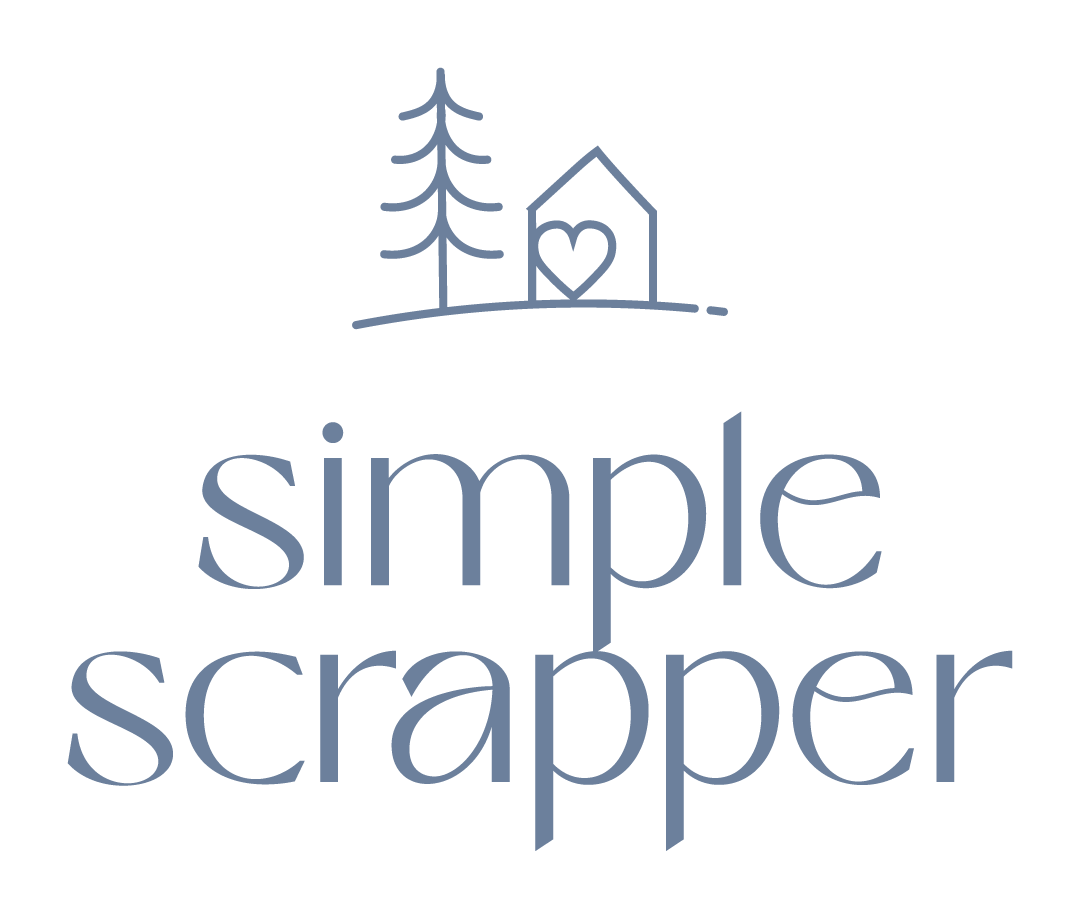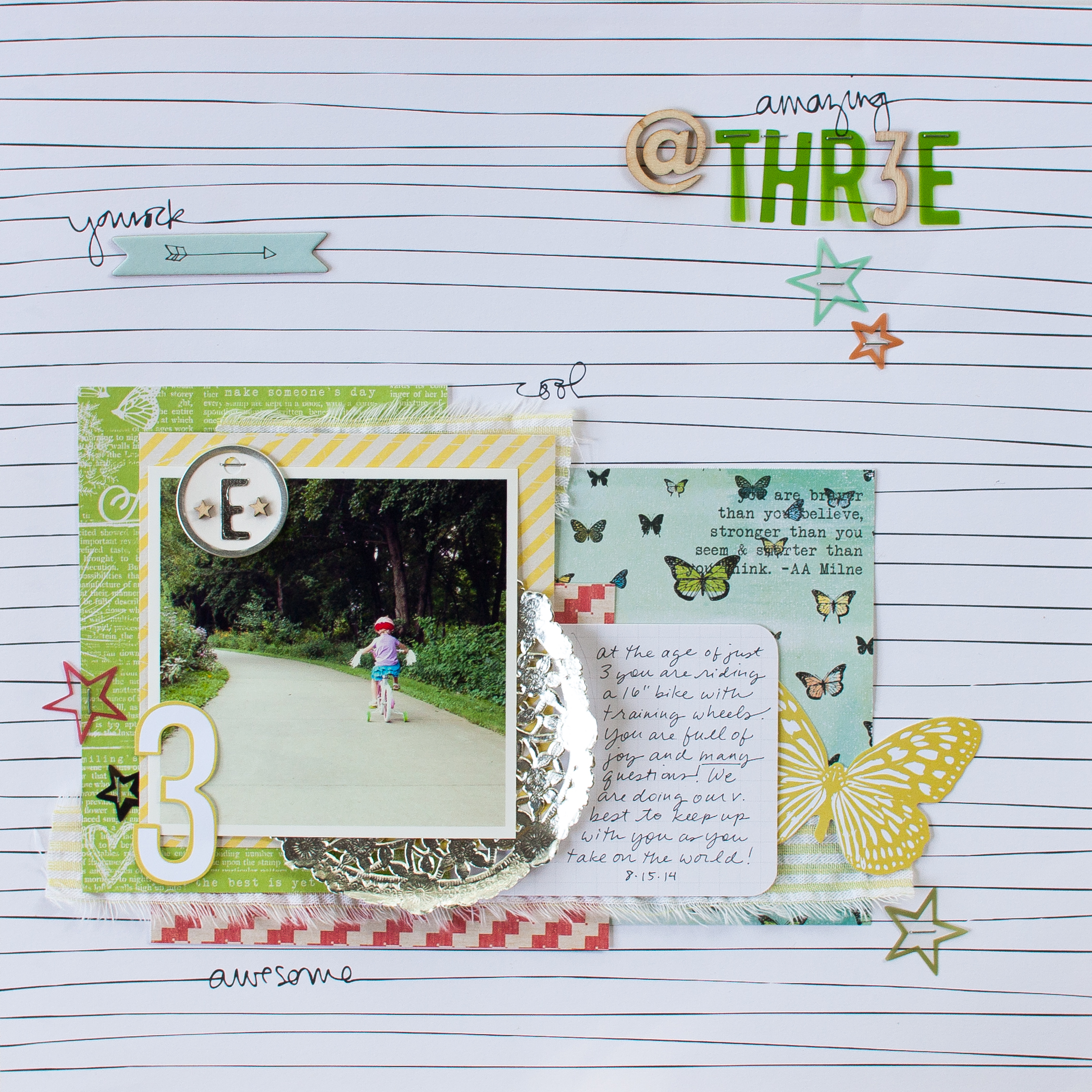The world is constantly pinging us, trying to rip what sliver of attention we had from one task to the next. Our addiction to “connection” and instant gratification has left us feeling unfocused and unproductive. All it takes is a scroll through Instagram to initiate a mental list of everything we’re not doing, accompanied by a little self-pity.
As I struggled for six weeks to work through my list of tasks to convert a live workshop to a self-paced format, I realized that my patience was out of shape. I had been completing an endless series of 30-minute tasks for more than a year, all of which did matter, but none of which were part of larger whole. They were blog posts and emails and landing pages, all one-offs that had their place. But this endless slog, it left my frustrated.
So as the workshop project remained my #1 priority week after week, it became clear that I was going to need to cultivate patience to recognize my step-wise progress and feel accomplished. Sure I loved the work I was doing, but the go-go-go pace of information and technology had left me unable to discover the quiet persistence I ultimately needed to finish a large project.
If you’ve ever started a big album project, whether to document today or a story from the past, you’ve likely felt this resistance. You can envision the end result, but once the work begins you wish that finishing could be as fast as your Amazon orders. Of course creating is fun, but when did it also get to be so much hard work?
I wrapped up this project today and in doing so came to really see how my slow-and-steady efforts had paid off. There was no rush to the finish, but rather a gentle glide through the last touches and tasks. My patience had been challenged, but I worked hard to build those muscles day-by-day and week-by-week. In this post I’m sharing how you can do the same.

5 Steps to Strengthen Your Creative Patience
1. Create your perfect-fit plan. Putting “work on project” on your list is a recipe for procrastination and paralysis; it’s just too big. Instead, I recommend beginning any larger or long-term activity with a clear outline of steps. As you think through what will be involved, you’ll have an opportunity to avoid some of the issues that may challenge your ability to persevere. When your plain is perfectly tailored to both your values and your reality, checking items off one by one is easier.
2. Quiet the noise. Creating an environment for yourself that supports true focus will also help you strengthen your patience. This could mean literal quiet, but more importantly it should involve limiting new ideas and responsibilities. Nothing gets my panties in a bunch more than an endless stream of new emails and Facebook notifications while I’m trying to make substantial progress. It’s OK to set boundaries (and in multiple zones of your life) that help you remember what you’re doing and to keep doing it.
3. Keep leaning on your “why”. Every project begins for a reason: a deeper yearning to master a subject, gain control of a mess, or craft a legacy. The fun parts help you get started, especially during the shopping phase. However, it’s the underlying “why” that will give you the patience to see it through, that sense of personal responsibility which drives all of us to grow and improve. Turn to this when you just can’t find the motivation to continue.
4. Seriously, quiet the noise. Everyone gets distracted. Everyone has to live life among people who need your attention. Your job is to remember what’s important (see #3), how you’re achieving it (see #1), and keep coming back to the conditions that help you focus and keep moving forward (see #2). When your patience is the thinnest is when you can most benefit from pausing, disconnecting, and listening to the quiet. Be still to find patience.
5. Celebrate every success. Why don’t we only celebrate the last birthday before death? Well, because that would be terribly bittersweet in a mostly sad way. Then why do you only feel accomplished upon finishing a project? While completion is nice, it’s the journey along the way that teaches us the most and connects us to the creative process. Stop waiting to pat yourself on the back and start acknowledging that every milestone or accomplishment as one more step in the right direction.
Do you struggle with patience to complete projects? Which of these steps do you most need to act on? Leave a comment below to share your reaction to this post.



Very nice advice! Love the analogy with the last b-day to motivate us to celebrate every step and enjoy more the journey! It’s quite difficult to not be tempted day-to-day by instant gratification keeping the why in mind help you looking forward to walk up to the finish line.
Thanks for sharing!
We’ll always be tempted and will even follow that. It’s OK and normal. What matters most is that you recognize it and reel yourself back in.
You are so wise! I will be re-reading this post for sure. Thanks Jennifer!
Thank you for the kind words Melissa.
We have to be vigilant in managing our time. We have to set goals and keep them in front of us in order to combat the constant influx of information and distractions. Sometimes I wonder if I have adult ADD or if it is just that I am trying to manage more and more input! I think I’ll go through my planner right now and write reminder prompts on the weekly pages, because I know how long it takes to establish a habit. Also, I”ll probably print this article and tuck it in my calendar a few weeks down the road! Thanks for reminding us of this, Jennifer!
I remember the exact year that longer periods of true focus (and consequently patience) became more difficult: 1999. That was the year I started working in front of the computer most of the day. 17 years later our brains and bodies are still adapting to this new world. The fact that we’re having this conversation and that so many others are choosing analog methods signals, to me at least, a deeper awareness and perhaps a cultural shift back towards slower information.
Sound advice. I agree with all the above!!
Great post! I’m a lifelong list maker. Those list have become vital as everything has sped up ( and I’ve gotten older????).
What an insightful and inspirational article! I find I truly need to limit my social media time and if I need to check FB or email or post something on IG I need to give myself a time limit so an hour of creative time is not used up scrolling! Thanks for the tips! I’ve been really wanting to do more PL pages and I think planning in smaller steps will be the key. Have an awesome weekend 🙂
A re-enforcing post at a desperately needed time. How did you know I was struggling with it AGAIN?
Let me go back a week or so. On my link-hopping I came upon a site that said how to Dress Your Truth. So I took the first “class” in determining my truth (type-2 Details) and subsequently found out I was wrong. But before I that I had ordered the in-depth course for that wrong type. Out $99. But I have the money and can order the correct one – after I read the book I’d bought and can definitely say what type I am. So this is one priority that is now flashing in my head.
I just returned from our state’s TOPS State Recognition Day event where I brought our Chapter’s scrapbook. The scrapbook is incomplete even though I could have had it more complete before I left – but I kept putting it off even as I was telling myself I could get it done if I’d just work on it for 15 minutes at a time.
Now back to the Truth system. I thought I was a reserved person but discovered my type is really one who always has the ideas but is poor on follow through. Making sure I plan out my projects to the point of laying out the steps and action items (at least the first one in each step) so that I know exactly what needs to be done next.
Which brings me to the third thing. My craft room is so filled with STUFF that I can’t work at this time – so it needs to be cleared and STUFF PUT AWAY.
My computer room is pretty much in the same state and so is the dining room table. (Could I be a hoarder – or am I just a clutter-bug, i.e. a paper hoarder?)
Yes, I am thinking on “paper” right now. So first I need to identify my projects and decide which one is the most important. (I seem to remember seeing a four-square grid with Urgent, Important, Nice, and Sometime. I’ve got one or two that are Urgent and Important (to me) in one or more over-arching areas – House/husband keeping, Creativity, and Personal/Health.
So now I’ll go clear off some space somewhere and get started with project lists (not the steps or next actions) and get them categorized.
But first I’ve got to take clothes out of the dryer, put the next load in and start the last wash for this week.
This is an amazing post. I’m completely new here and just started scrapbooking lat year but I’m having hard time staying committed. I keep flopping between ideas and I think the major reason is not seeing the over all idea. I have no why, and no goal. So thank you. Now I have a direction I want to go in.